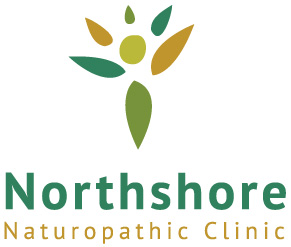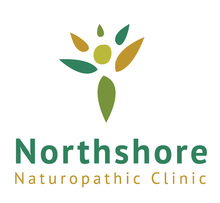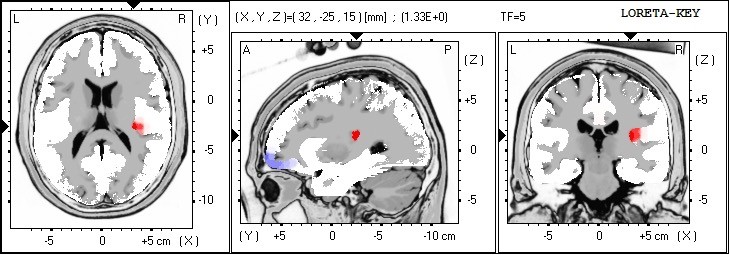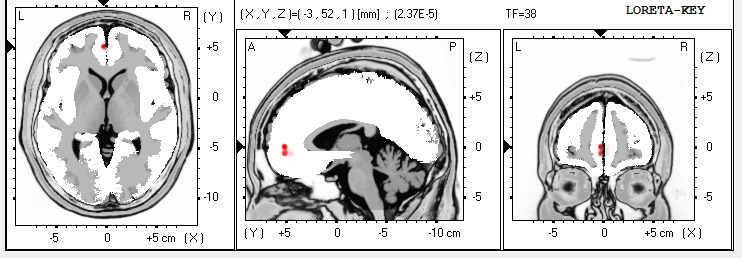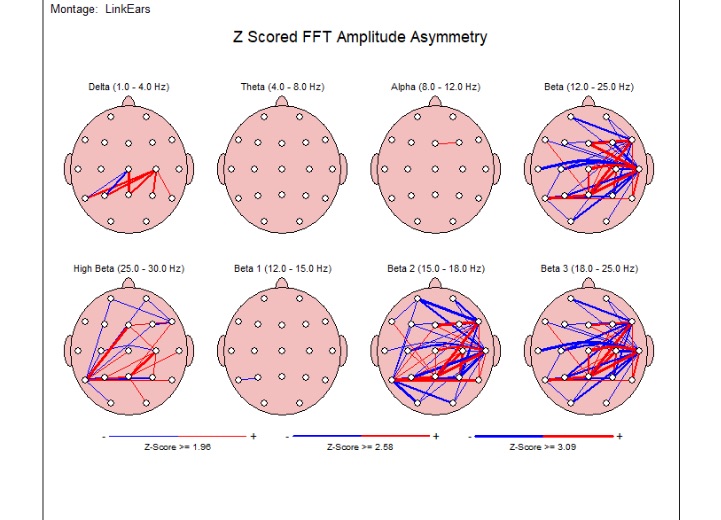Concussion Treatment Begins with Accurate Diagnosis
The first and most important step in treating concussions is a proper diagnosis. A traumatic brain injury (TBI) or Concussion impacts the brain in many ways. It takes weeks to three months to fully recover from a concussion. And it can take years to show its symptoms with some cognitive losses becoming long-term.
Call to book a complimentary consult with Dr. Mushtagh.
Find out what about options to diagnose and treat TBI and concussions.
Accurate Concussion Testing
The initial symptoms of a concussion are the result of vascular inflammation in the brain and guarding in the muscles; often the neck muscles as well the Vestibule-ocular system (eye and balance muscles). Chronic Inflammation and guarding slow down blood flow and cellular respiration decline halting recovery. Communication between the brain and heart slows down and the resulting Heart rate variability changes lead to sleep and hormone imbalances.
Once the inflammatory reactions settle, post-concussive changes can set in. These are regulated by the immune system on a cellular level, however without any noticeable changes on MRIs, which are otherwise excellent for vascular inflammation. So how can one properly diagnose the extent of a head injury or post-concussive symptoms?
At Northshore Naturopathic Clinic, we use Brain mapping or Quantitative Electroencephalography (QEEG), to assess the electrical function and connectivity of the brain to diagnose the extent of concussions and assess their severity. By recording patients’ brain waves one can compare the waves to existing databases of healthy, concussed, and post-concussed patients. The resulting comparative statistics can be translated to meaningful QEEG maps that can pinpoint, with the specificity of functional MRIs, areas of electrical hypo or hyperfunction. The specific regions and frequency range that is an underpowered or over-engaged, guide in understanding the severity of the problem. Brain maps also can also track the rate of recovery.
Comprehensive Concussion Care
Concussion treatment must address the underlying post-concussive changes and causes. Chronic inflammation, muscle guarding, vision, balance, and hormonal changes can have a lasting effect. A neurological exam, physical assessment, hormone, cognitive, and emotional workups must guide the treatments of choice.
Depending on the inflammatory phase; IV protocols such as hydration, glutathione, and NAD+ can slow down neuronal death due to chronic inflammation. depending on the proper application of Pulsed EMF blood circulation can improve and regeneration can be achieved. Red light therapy works in much the same way.
For chronic symptoms addressing diet is the key. A ketogenic diet or guided fasting can stop the incessant inflammation. Proper herbs can supplement the missing hormones and sleep.
Long-term cognitive deficits can be overcome with brain training that facilitates natural neuroplasticity. Audiovisual feedback to the brain with LORETA Neurofeedback and 3D visual training like Neurotrackerx can help improve remarkable improvements in focus, mood, and balance symptoms. properly designed exercises and 3D visual training like Neurotrackerx balance.
Lastly for the physical and muscle-related guarding, Bowen therapy and Trigger point injection is our choice treatments to address the functional changes in the MSK system after a concussion.
Call To Book Your Complimentary Concussion with Dr. Mushtagh
Find out what we do, and how it can help in your recovery
Concussion facts
Traumatic brain injuries (TBI) are common types of injuries. Be it from an accidental fall, a sports injury, or a motor vehicle accident, about 20% of the population experience one or several in their lifetime.
A loss of consciousness after a head injury is often a sure sign of a concussion. But contrary to common understanding the opposite is not true; not all concussions knock you out; in fact, 90% of TBIs don’t lead to loss of consciousness,
In most cases the initial symptoms of concussion are minor; headaches, dizziness, ringing in the ears, memory loss about the events of the injury, nausea, vomiting, and slurred speech tend to be the most common acute signs that the head injury was significant.
Thankfully, the brain has an immense ability for self-healing and over 80% of individuals recover from concussions spontaneously, often within weeks if not months and without medical intervention.
But in some cases, the shock of injury rattles the brain with long-term problems. The condition is called Post-Concussion Syndrome (PCS). PCS is accompanied by symptoms that affect the motor system, emotional control, and cognitive skills. The cause of PCS is often multifactorial, but on a cellular level, it is accompanied by the loss of brain neurons. Its symptoms often fluctuate but generally lead to loss of focus and memory problems often described as a certain type of foggy brain. Increased or loss of sensitivity to noise, light, smell, or taste can ensue.
Sleep disturbances are often the hallmark of PCS, and fatigue and irritability, depression, and disorders of mood or even personality can show up as a problem even years later.

